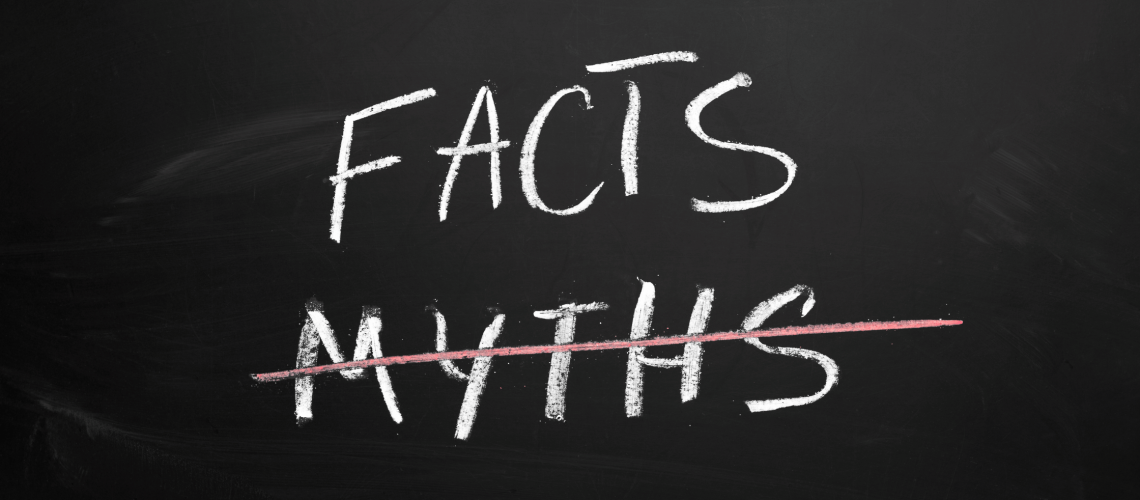The conversation around homeschooling in Connecticut has gotten louder in recent weeks. Representative Patrick Biggins abruptly canceled all of the so-called “working group” meetings that had been happening behind closed doors, and in contrast, lawmakers like Rep. Tammy Nuccio, Rep. Anne Dauphinais, Rep. Tim Ackert, Rep. Lezlye Zupkus, and Senator Jeff Gordon just hosted an open public forum in Tolland. Families filled the room. Voices were heard. Transparency was valued.
Naturally, as the truth rises to the surface, so do the critics. Social media is filled with opinions ranging from misinformation to outright insults. So let’s take a moment to look directly at some of the common comments being thrown at homeschooling families and answer them with facts, context, and yes, a little common sense.
“What makes parents qualified to teach?”
This question assumes that parents are somehow unqualified by default. Yet history itself proves the opposite: parents have been the primary educators of children long before there was ever a Department of Education. Parents are qualified to teach their children because they know them best, because they care most deeply about their success, and because they are free to tailor learning to their child’s needs.
Think of it this way: parents teach children to walk, to talk, to eat, to tie their shoes, to ride bikes, to drive cars. But when it comes to reading and math, suddenly the argument is “you’re not qualified”? The double standard is glaring.
And for those who demand credentials, Connecticut law (10-184) already requires parents to provide instruction in reading, writing, spelling, English grammar, geography, arithmetic, and U.S. history. In other words, the basics are not optional.
“If parents don’t need a degree to homeschool, why do teachers have to have one?”
Because the roles are different.
Public school teachers are responsible for educating dozens of children at once, in a standardized system, and are accountable to state curricula and testing requirements. Their degree equips them to manage classrooms, design lessons for diverse learning needs simultaneously, and meet government standards.
Homeschool parents, however, are responsible for their own children, a far smaller “classroom,” where learning can be customized. Research consistently shows that homeschool outcomes are strong regardless of parental education level.
Think of it like cooking: a restaurant chef usually has training and certifications because they’re serving hundreds of people and meeting health codes. But you don’t need a culinary degree to cook a healthy meal for your family at home. Both are valid, but the context and scale are different.
“Homeschooling can be done well or horrendously… Successful homeschoolers welcome oversight.”
This is like saying: “Some drivers are safe, some are reckless. Let’s assume everyone’s reckless and add checkpoints on every street.” We don’t legislate based on the worst examples; we legislate based on rights, with consequences when those rights are abused.
Oversight already exists where it belongs… in the law. If a parent is neglecting a child, abusing them, or failing to educate them, Connecticut has agencies with the authority to intervene. Adding new oversight to homeschooling itself doesn’t protect kids, it simply punishes good families for crimes they never committed.
“Red flag when parents don’t want the state to check up on their kids.”
This one sounds logical until you flip it: Why should innocent families be treated as guilty until proven innocent? If the state demanded quarterly home inspections for every family who sends their child to public school “just in case abuse is happening,” the outrage would be immediate.
Freedom means you don’t surrender your privacy simply because you’ve chosen a different educational path.
“Homeschooled kids I know can’t do algebra, read past a 5th grade level, or think critically.”
Anecdotes are not data. National statistics consistently show that homeschooled students score above average on standardized tests, perform well in college, and succeed in professional careers. In fact, a 2017 NHERI study found that homeschoolers score 15 to 30 percentile points higher than public school students on average.
Pointing to one struggling child and using them as evidence against homeschooling is as unfair as pointing to a failing public school student and claiming the entire public system doesn’t work.
“What about Waterbury? Doesn’t that show the need for oversight?”
Actually, quite the opposite. The tragic Waterbury case involved a child who was already known to DCF and who was already in the public school system. This wasn’t a failure of homeschooling. It was a failure of oversight by agencies that already had authority. To blame homeschooling is not just wrong — it’s a convenient distraction from the real accountability problem.
“If it saves the life of one child being tortured under the guise of homeschooling, why shouldn’t the State provide stricter rules?”
Because this is the same logic used to strip freedoms everywhere. “If it saves one life, ban cars.” “If it saves one life, install government cameras in every living room.” Protecting children matters deeply, but trading liberty for the illusion of safety never works.
DCF has the tools it needs right now to intervene when there’s credible evidence of abuse. The issue isn’t a lack of laws, it’s a lack of accountability and follow-through by the agencies already in place.
“Connecticut has no homeschool laws.” / “Connecticut is an outlier.”
False. Connecticut has one of the clearest and most pristine homeschooling statutes in the country: Section 10-184. It explicitly requires parents to provide instruction in the core subjects. Section 10-220 assigns local boards of education the responsibility to monitor children who are enrolled in schools. The law is balanced, clear, and constitutional.
To say Connecticut has “no laws” is misinformation, plain and simple.
“Homeschooling is the beginning of Idiocracy.”
On the contrary, homeschooling produces some of the most innovative, independent, and critical thinkers in society. Think of it as the opposite of Idiocracy. It allows children to explore learning without being chained to one-size-fits-all curriculums, endless standardized testing, and bureaucratic red tape.
“But the Office of the Child Advocate says there are alarming DCF statistics that prove homeschooling families need oversight!”
This argument has been one of the loudest rallying cries for those pushing new regulations. But thanks to FOIA documents and a bombshell analysis released by Attorney Deborah Stevenson of NHELD, we now know those “statistics” are completely invalid. The Office of the Child Advocate cherry-picked data, blurred definitions, and exaggerated connections between homeschooling and child abuse. The NHELD report makes it clear: these numbers were never reliable to begin with, and they cannot be used as a legitimate justification to strip parents of their educational freedoms. (Read it for yourself here!)
Final Thoughts
The loudest critics of homeschooling often reveal two things: (1) they don’t know the laws as they actually exist, and (2) they don’t trust parents. That’s the core issue.
But here’s the truth: Connecticut already has pristine laws. Abuse is already illegal. Educational neglect is already illegal. The agencies already exist to address violations.
What families are standing for is not the “right to abuse”, it’s the right to raise and educate their children without being treated as criminals for choosing a different path.
As the recent forum in Tolland showed, families are engaged, vocal, and ready to defend both their children and their rights. That’s not strange. That’s freedom.
This article was written and independently published by Jessica S. Dugas, homeschooling mother and freedom advocate, and does not represent or claim to represent the official stance of any organization, legislator, or legal entity. All opinions expressed are solely my own, based on publicly available information, personal experience, and ongoing research. Readers are encouraged to review the sources provided and draw their own conclusions.
Learn more about homeschooling in Connecticut by visiting: https://cthomeschoolnetwork.org/
Keep up to date with the FACTS and LAWS regarding homeschooling by visiting: https://www.nheld.us/


One Response
Thank you, Jessica, for the live coverage and interviews. Many are unable to travel across the state. Now, they have the information at their fingertips.
Many blessings to the Dugas family!